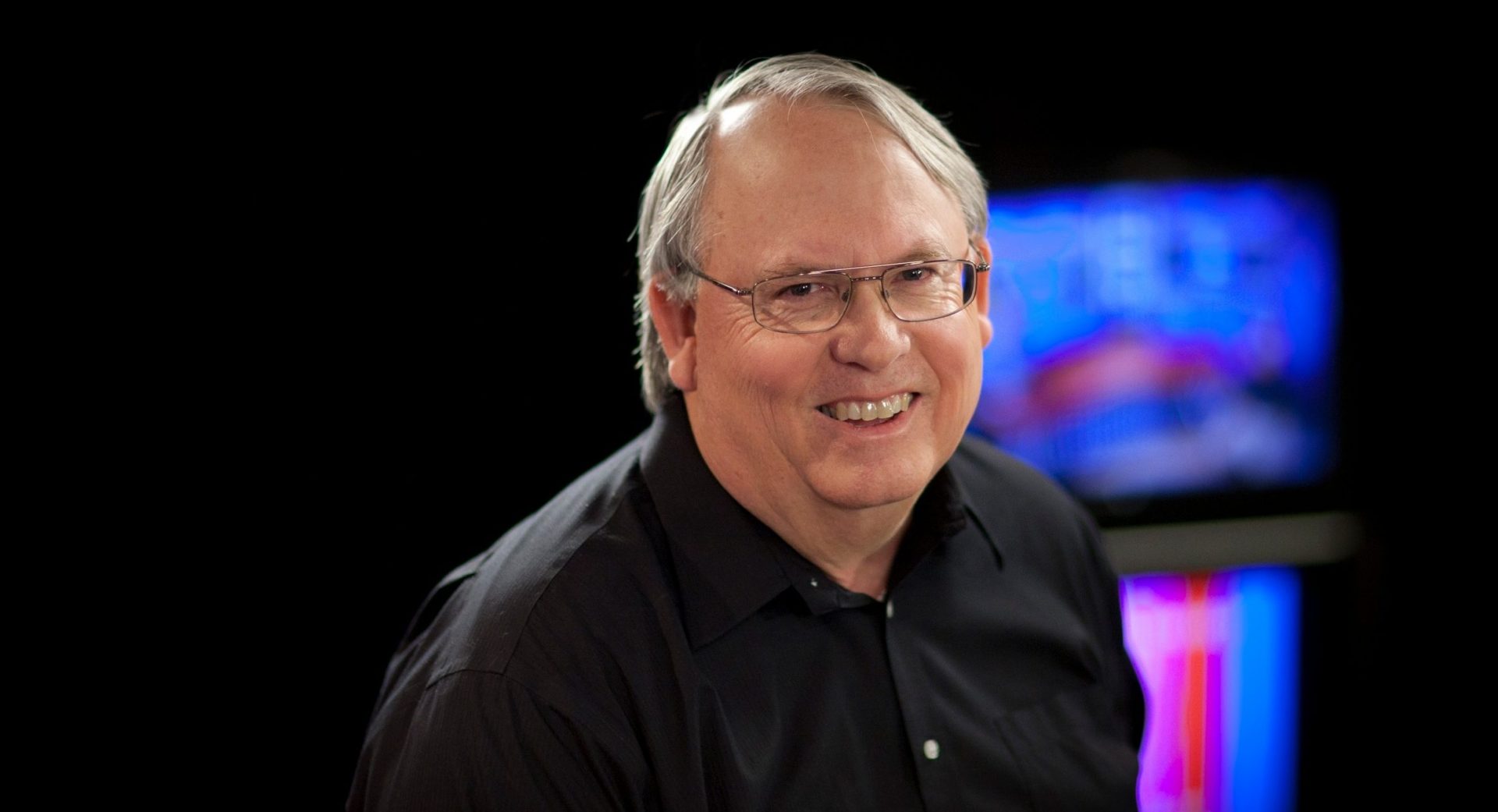Sky TV chief executive John Fellet has a way of winding up his rivals. Competition watchdog the Commerce Commission nixed Sky’s merger with Vodafone, and they toyed with an appeal before withdrawing this week.
Rivals such as Spark and TVZ were relieved Voda-Sky was stopped. But talking to Mediaweek, Fellet is clear the two firms will work closely together, insisting that does not amount to exclusivity. The merger failed because ComCom found Sky’s domination of premium sports could diminish competition in pay TV services.
Fellet says the appeal was withdrawn because it would take 15 months to get through the courts and board approval. But he said merger critics need to change their approach, and scolded Spark, which actively campaigned to media and politicians against the merger and runs its own subscriptions video-on-demand service called Lightbox.
“Spark just has to stop whinging to the press and talk to us about what it is they want,” he said.
Sky’s comments have not surprised Spark, but it’s a reminder that Sky still holds many of the key cards for sport, merger or not. Fellet says he will soon unveil new digital initiatives including mobile, and an app from Vodafone which allows users to see eight different camera angles at sports events.
Meanwhile, the third-placed telco brand 2 Degrees is pressing ahead with a deal with Sky for sports content. How that works out is not yet clear. ComCom rejected the Voda-Sky merger on the basis that Sky holds a monopoly on premium sports rights, and a merged entity could have restricted competition. Beyond the ongoing relationship with Vodafone, and closer relations with other telcos, Sky is constrained from growth in the New Zealand market.
Fellet acknowledges there are no obvious targets for acquisitions. There has long been talk of buying MediaWorks’ struggling TV3. But like previous owners, TPG, it appears to be resisting a split from its successful radio operations. Dominance of sports rights – especially All Blacks games – remains central to its success, though Fellet says development of digital sports packages diminishes the link with the basic package, which boosts the overall cost. He says that linked with the Sky SVOD brand Neon, which offers access to some prestige drama content on Soho, and Fan Pass digital sports offering, Sky was already unbundling content.
Sky’s business plan remains built on premium sport alongside the resistance of the government and local sporting codes to any anti-syphoning legislation. “We are the biggest media company by far in New Zealand so any new entrant is going to have the biggest impact on us. “I am disappointed,” he said. The trend for content and telecom companies to join was apparent around the world, yet it was not allowed for Sky.
Netflix meanwhile is cutting a big swathe in Zealand while Sky’s SVOD Neon is trailing Spark’s Lightbox, being given away to Spark subscribers for free. Fellet acknowledges that neither Sky’s pared-back digital sports offering nor Neon was making a profit. He repeated an old line that SVOD is a “mutual suicide pact” but accepts Sky TV has to be in the space.
Fellet was a Mediaweek person of the week last year. Read the interview here.
